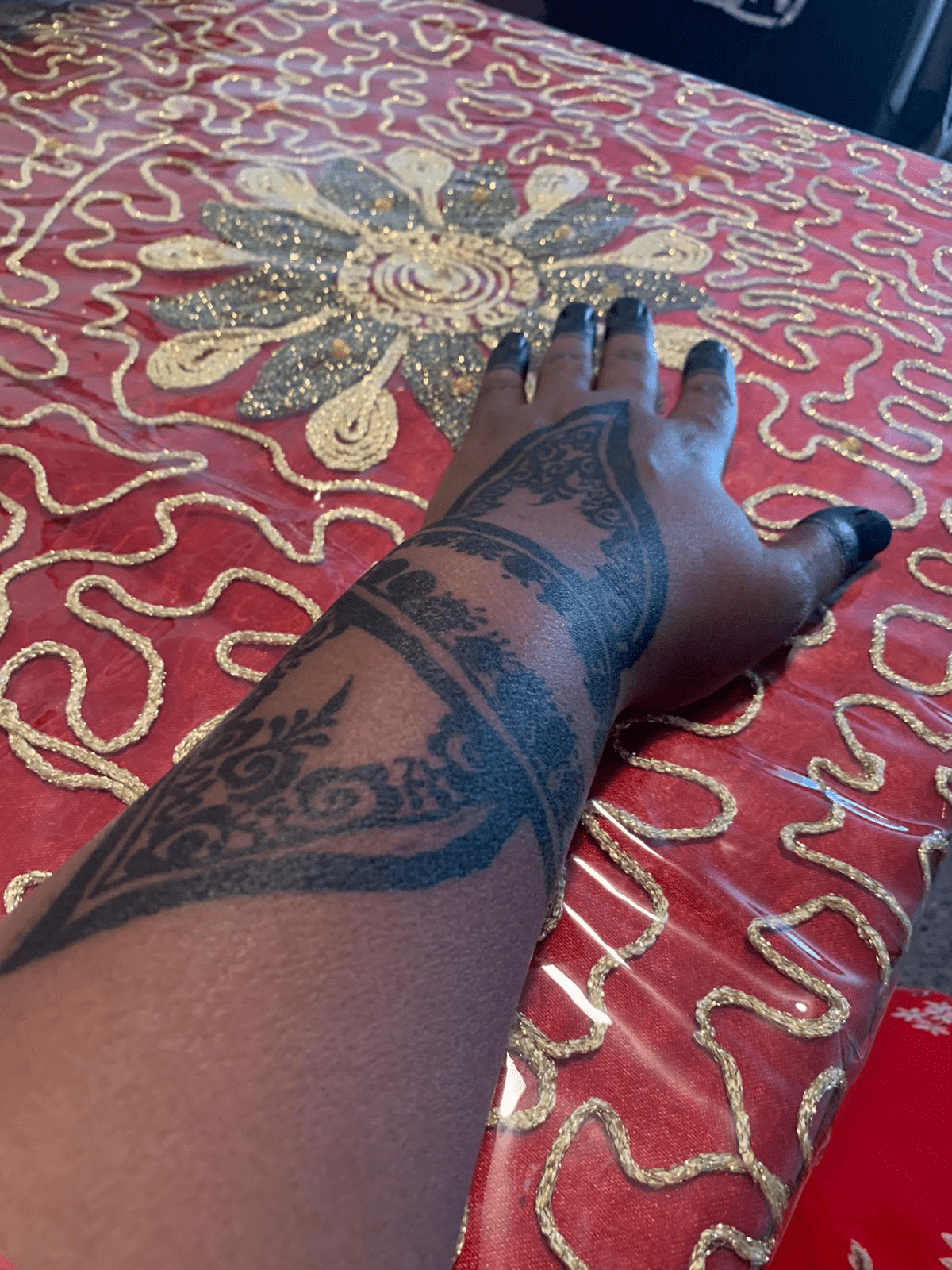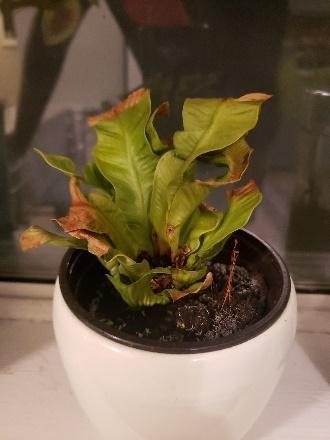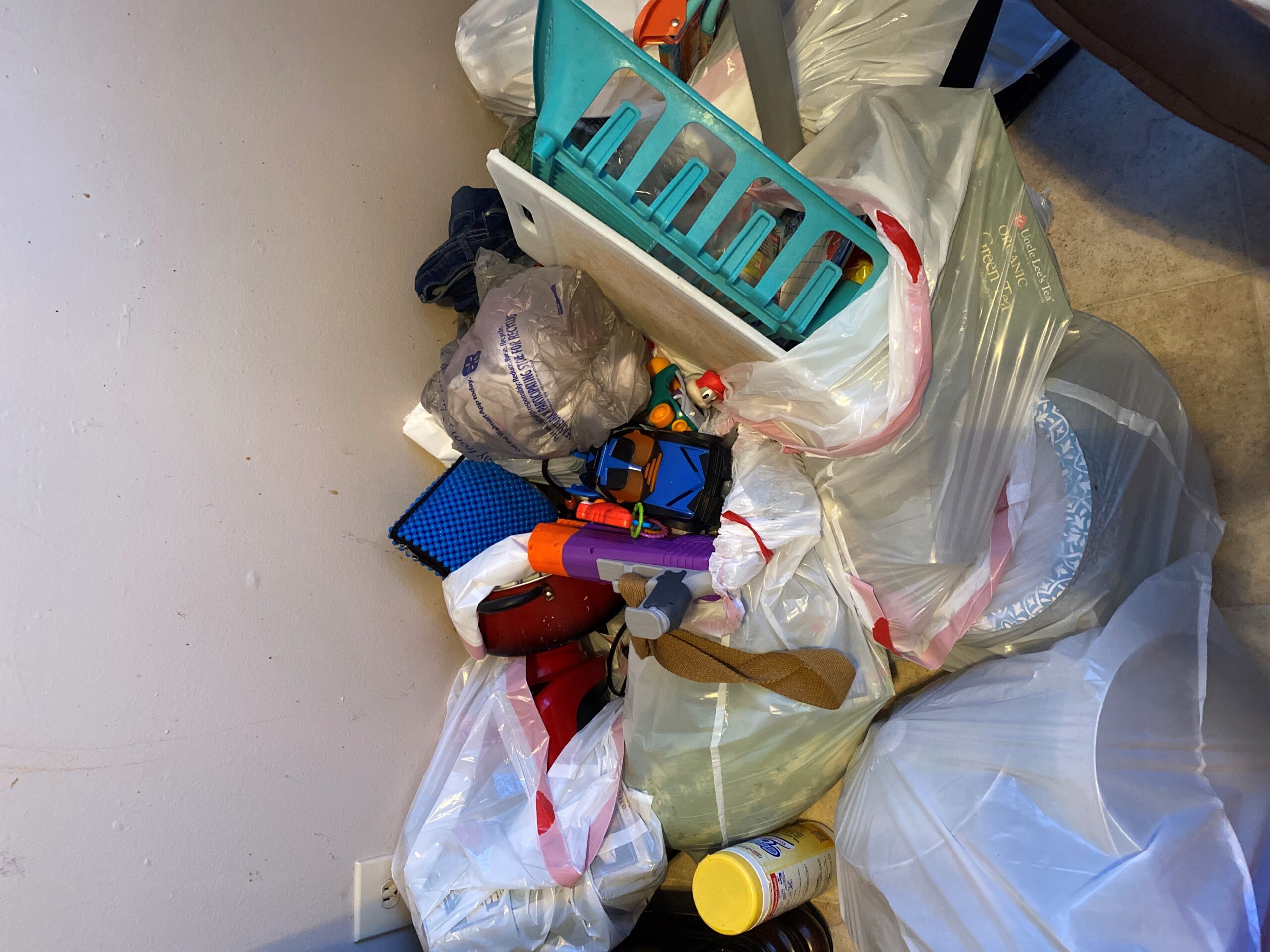By Stephanie Lloyd
“Pictures are powerful… Pictures represent how someone felt at that moment in time.”
–Training participant, African Immigrant Photovoice project
The African Immigrant Health Research Consortium (AIHRC) is a 7-member partnership comprising New England-based patients, providers, community organizations and researchers. During March 2020, the partners decided that in-person community forums would be halted due to COVID-19. In addition, they recognized the need for rapid responses to COVID-19 issues quickly emerging in African immigrant communities.
This summer, a ‘Talking with Pictures’ course alum reached out to our team to develop a training for Community Health Workers and to support the implementation of 6-8 photovoice projects across New England. The projects purpose is to systematically document and compile actual on-the-ground experiences and recommendations by African immigrants living throughout New England to support real-time development of effective, culturally and linguistically appropriate COVID-19 healthcare practices in the region. Project findings are intended to produce useful knowledge to inform interventions engaging African immigrant patients in COVID-19 prevention, testing and treatment options; and contribute to the body of knowledge needed for managing the capacity at hospitals and healthcare systems to adequately serve African immigrants during this and future pandemics.
Funded by Patient-Centered Outcomes Research Institute (PCORI), this enhancement aims to use photovoice to systematically:
(1) document challenges and successful strategies.
(2) provide recommendations for engagement in COVID-19
prevention, testing and treatment.
From the beginning, our team felt that using a photovoice method in this particular project would be true to Caroline Wang’s initial intentions to give a voice to those who have valuable lived experience, promote awareness of a problem and the potential solutions outlined by participants, and create a space to provide compelling evidence for changes in practices and policies.
In early September, PhotovoiceWorldwide staff delivered a 6-hour training to state-level consortium staff and Community Health Workers from all six New England states. Prior to the training, participants indicated that they were hoping to learn:
- how to best facilitate and practice skills necessary to effectively complete the project,
- the best methods to recruit members for the research, and
- “How to use photovoice as a power tool to inform, collect, and engage the African community in understanding our health related issues—how to empower individuals.”
During the three, 2-hour sessions, participants learned about the photovoice method, gained hands-on experience in each step, developed photo-taking questions to guide their forthcoming projects, and discussed how to facilitate projects with their participants. During discussions with this highly engaged group, a number of interesting questions and options surfaced.
For the purposes of the training, participants were instructed to take a positive and a negative photo related to the photo-taking prompts:
- Experiences as an African Immigrant living in New England;
- What it’s like to be a nonprofit leader; or
- What supports or detracts from completing work or educational goals.
Participants used their photos to write captions, develop preliminary themes, and reflect on what it was like to take pictures related to a prompt. In addition to familiarizing participants with photovoice’s participatory visual research method, this hands-on experience also allowed participants to experience and understand the tasks they would be asking their own photovoice participants to do.

“Having home with you”
–Asha, Training Participant, African Immigrant Photovoice
The photo pictured at left shows a hand with a henna tattoo. The participant who took this photo talked about feeling close to her sister without being together.
The group also talked about seeking permission from photo subjects, and the pros and cons of asking their participants not to include any photos that show faces, as an option.

“Where pain lies, hope grows”
–Azam, Training Participant, African Immigrant Photovoice
This photographer explained that COVID has not stopped growth, and the plant pictured represents hope to get to where we will be able to hug the people we love and be around them again.
During the module on caption-writing, a participant noted that facilitators can see different things in the photos, and thus it is extremely important to ask the photographer about what the photo means to them, and what decisions they made to take a specific photograph.

“COVID has created disorder”
– Emmerence, Training Participant, African Immigrant Photovoice
The “trash pile” shown at left is the physical representation of one person’s experience living during the current pandemic.
We usually offer our photovoice participants the option to take one photo that is ‘representational’ and documents something they want to show us, and another photo that is a metaphor, or a ‘symbol’ for their feelings. This photo was selected along with several others to showcase the overarching theme of being overwhelmed.
Training participants also reflected on the positive use of small groups prior to presenting photos to the larger group. The group concluded that this would be a successful strategy to help their photovoice participants get to know each other and gain confidence when speaking to the larger group.
We also talked about how to support participants who are not literate or who cannot write in English, and are fluent in other languages. Since the core principles of photovoice include voice and understanding, it is extremely important to consider languages. We talked about making sure to have a translator on the project team and the possible need to work with some participants in a small group or one-on-one setting. In addition, it might be necessary to use voice narration, or have the facilitator write the caption as the participant speaks. During the final exhibit or in any publications, captions could appear in multiple languages to keep the participant’s voice and intent at the forefront.
Community Health Workers are currently in the process of facilitating their photovoice sessions, which will yield rich data (in the form of photos and captions) by African immigrants living throughout New England. The culmination of these projects will be a virtual town hall, designed to foster dialogue about patient experiences with various stakeholders (e.g., providers, researchers, hospital administrators, etc.) across the region and gain feedback on themes. Finally, this will lead to a list of recommendations for effective models and practices to inform interventions engaging African immigrants in COVID-19 prevention, testing, and treatment options.
In total, PhotovoiceWorldwide was slated to provide this team:
- “Photovoice 101” training
- Ongoing technical assistance for individual training sites
- Advanced Photovoice trainings on facilitating photovoice projects remotely and working with participants to caption photos and develop themes
- A bi-weekly check-in with the program coordinator throughout the project
This project is funded by Patient-Centered Outcomes Research Institute (PCORI) Eugene Washington PCORI Engagement Award (17466-MAC).
If you and your team are interested in customized photovoice trainings or consulting, contact us at info@photovoiceworldwide.com.
